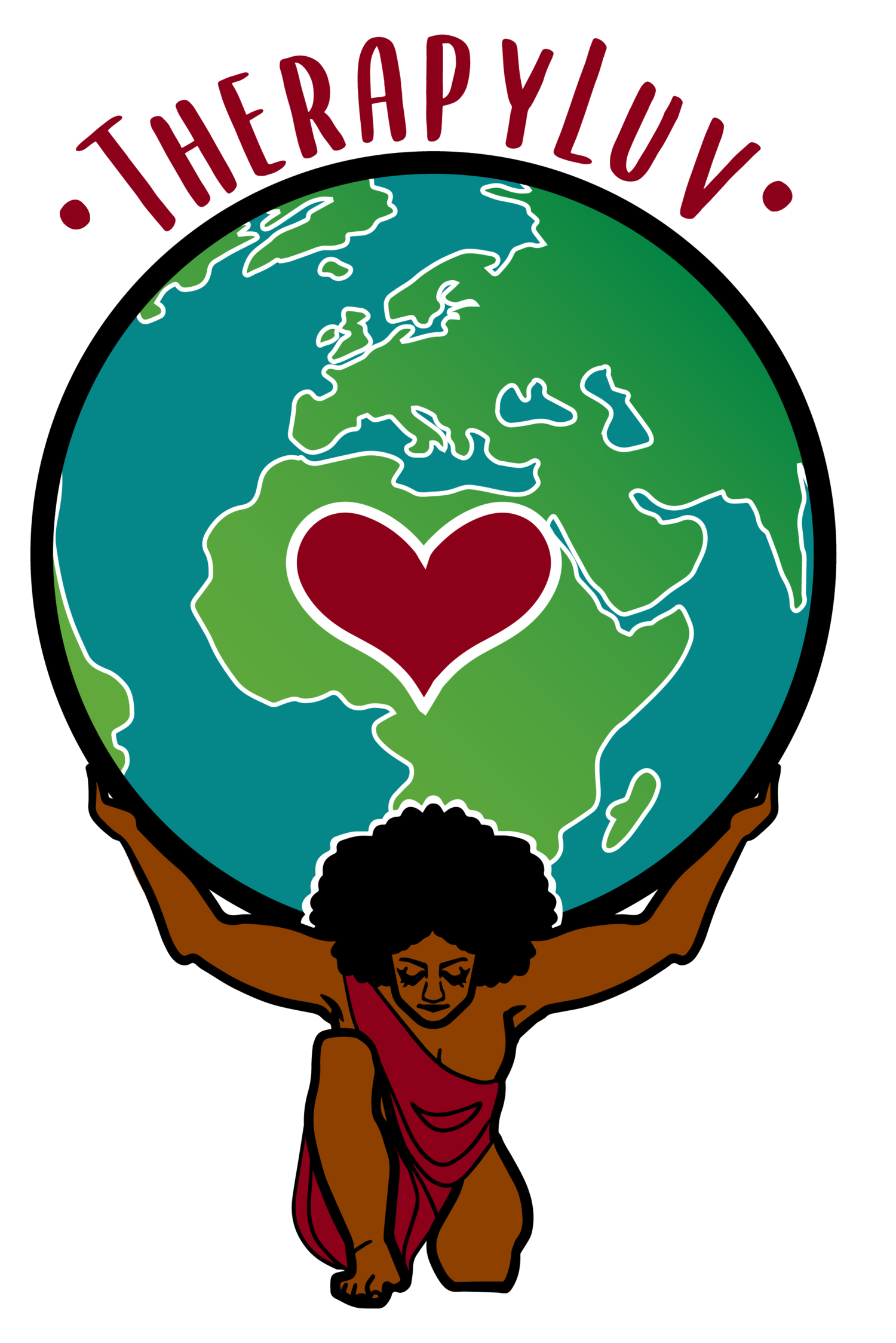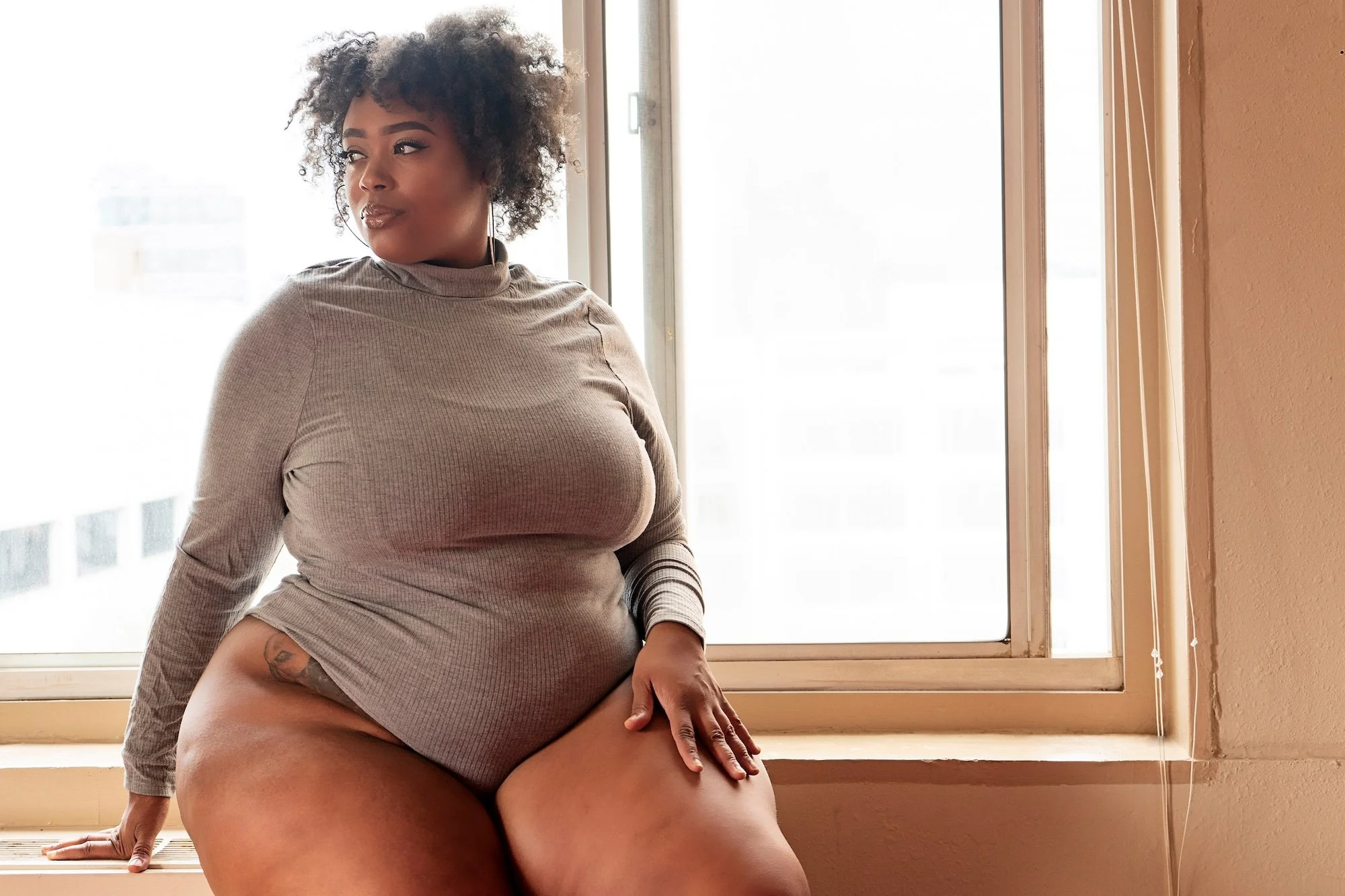Our Bodies Were Never the Problem: A Call to Reconnect and Remember
Black women have carried generations of projected pain, scrutiny, and judgment onto our bodies—bodies that have always deserved tenderness, not trauma.
From childhood, many of us remember the first time someone made us feel like our body was too much or not enough. Sometimes those messages came from people who loved us but had internalized their own wounds. Sometimes they came from systems—medical, educational, spiritual—that were never built with our healing in mind.
We learned early to navigate a world that wanted us to shrink. We were told to sit still, be quiet, watch what we eat, cover up, calm down, and control our appetites—physical, emotional, and spiritual. We internalized shame. We policed our joy. And in the process, we often disconnected from our own bodies as a way to survive.
But survival is not the same as healing. And healing requires remembering.
What if we dared to ask: Who were we before we were told we were a problem?
Before colonialism stripped us of our spiritual practices, food traditions, and communal rituals—Black women knew how to care for one another. We cooked with our hands and herbs. We danced and sang to release pain. We gathered under moonlight, by rivers, in gardens, and in kitchens to tell stories, cry, and dream.
Western therapy can be a powerful tool. But it is not the only path to healing. Sometimes, we need spaces that speak to our souls, not just our symptoms. We need healing spaces that honor our culture, our histories, our bodies, and our joy.
This is a call to remember.
To reclaim rest.
To gather in community.
To listen to your body—not to fix it, but to know it again.
To explore practices that may have been buried but are not gone.
To ask your elders, your spirit, your dreams: What are the healing practices we forgot but still carry in our bones?
You are not too much. You are not too broken. You are not alone.
May we continue finding and creating spaces where Black women can return to ourselves—not to who the world thinks we should be, but to who we already are when we are most whole.
With love,
Lindsay

